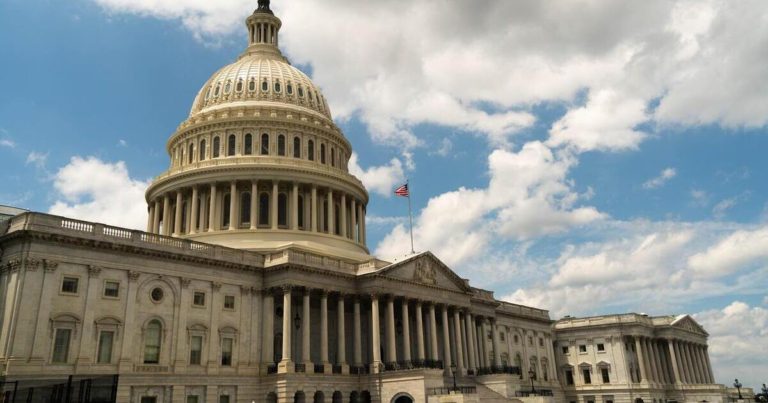An update from the ACAAI Advocacy Council
Congress’ efforts to scrutinize high drug prices are hitting closer to home for allergists, as a key Congressional committee focuses on inhaler prices. This effort, led by Senate Health, Education, Labor and Pensions (HELP) Committee Chair Bernie Sanders (I-VT) has not yielded specific legislation on inhaler prices. However, the Committee’s tactics to publicly criticize manufacturers succeeded to the point where many have taken voluntary action to lower patient cost-sharing amounts for their inhaler products. The senators behind the Committee’s effort are drawing parallels to capping inhaler prices with efforts to cap prices for insulin.
This effort comes on the heels of the Federal Trade Commission (FTC) challenging patents for more than 100 inhaler products. Some manufacturers have voluntarily withdrawn their patents in response to this action.
The College’s Advocacy Council proactively met with Democrat and Republican staff for the Senate HELP Committee and other interested Senate offices to make ourselves a resource on this issue and to advocate for balancing affordability with preserving access to these important medications.
These meetings have always resulted in highly productive conversations. Our group was asked questions about our perspectives on the interchangeability of inhalers for patients, how allergists use our clinical judgment to prescribe the correct medication for each patient, and how health insurers and pharmacy benefit managers (PBMs) can restrict access to medications.
While we support affordable medications, we also want the medications to remain on the market. We shared that there is heightened sensitivity among allergists regarding the availability of medications after Flovent was removed from the market. Ultimately, many of these pricing and coverage decisions are the responsibility of PBMs. For example, while a generic version of Flovent exists, many PBMs refuse to include it in their formularies.
Congress has shown strong bipartisan interest in PBM reform this year. The Advocacy Council supports those efforts. We told these offices that passing PBM reform legislation will also have a positive impact on prices.
Separate from inhaler prices, a similar effort is underway in the House to limit out-of-pocket costs for epinephrine auto injectors. Representative Maxwell Frost (D-FL) introduced the EPIPEN Act, which requires commercial health plans to cover epinephrine auto injectors and caps out-of-pocket costs at $60 per two-pack.
The Advocacy Council endorsed this bill because it requires insurers to cover epinephrine auto injectors. We had asked Rep. Frost to broaden the language to not specifically reference EpiPens so the bill doesn’t inadvertently exclude new epinephrine delivery devices (such as nasal sprays) that are pending FDA approval. However, Rep. Frost’s office decided that it is premature to introduce a policy that impacts a delivery device that has not been approved yet.
The bill is currently pending further action by two House Committees, both of which have yet to indicate this bill is a priority for consideration.
The Advocacy Council’s annual Strike Force advocacy day on Capitol Hill is only one month away. The Advocacy Council has selected inhaler prices as one of the policy topics for this year’s Strike Force advocacy. These meetings will be an important opportunity for the Advocacy Council to further establish itself as a resource to Congress, as this is an important issue not only for our members, but also for patients.
The Advocacy Council – Advocating for Allergists and their patients.




